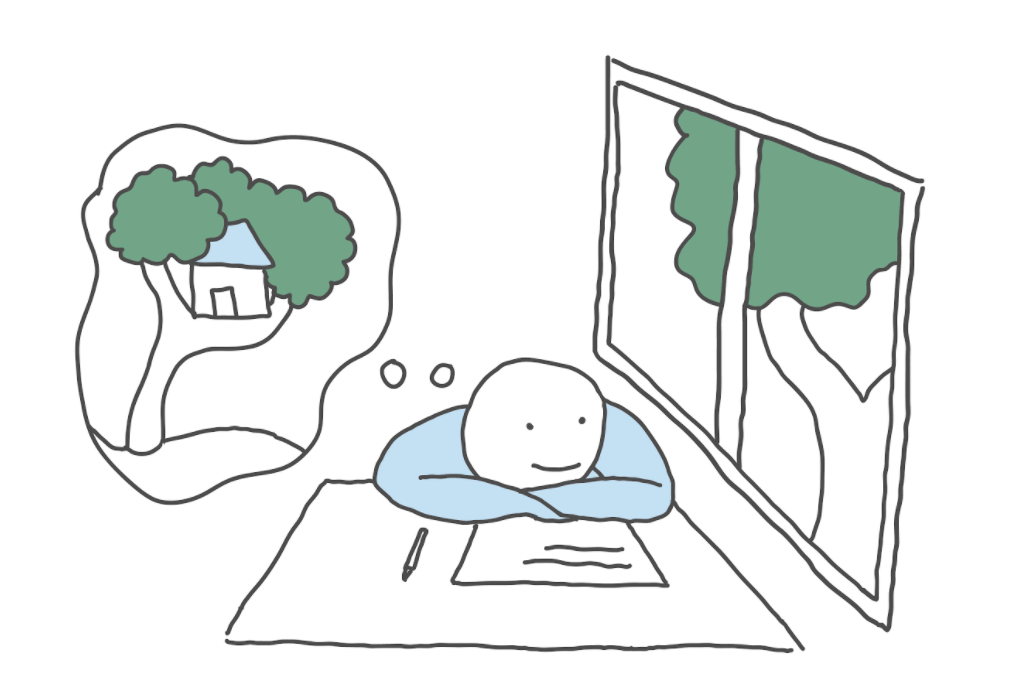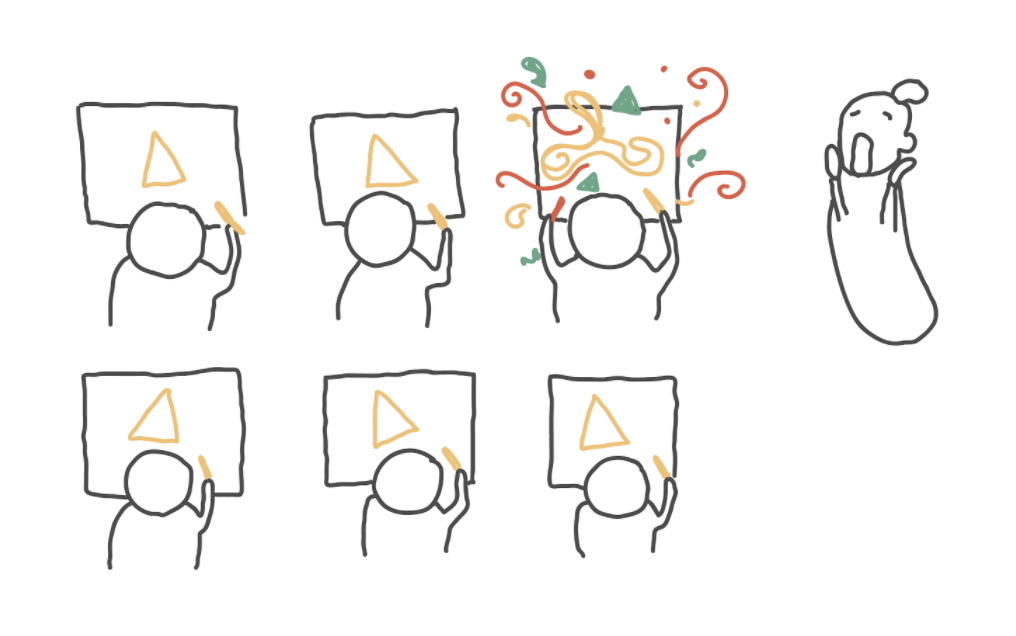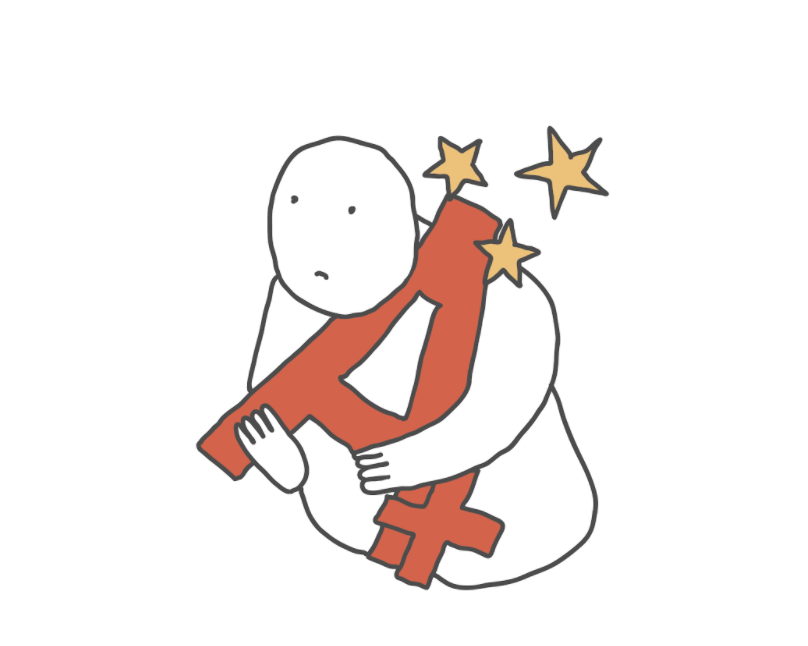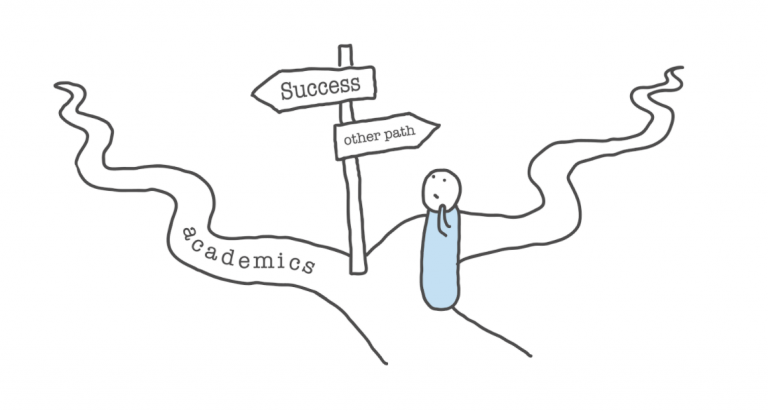Of the four people interviewed for this series, three of them went to school in urban areas, and one, Stanzin, in a rural area. All of them reported to be good, or above average, students. Each of them, in their own ways, expressed dissatisfaction with their experiences in formal schooling, or Stanzin referred to it, “4-Wall Education”.

Stanzin grew up interested in architecture, and curious to build, but was limited in exploring his passion due to his schooling. He shared, “At that time, we did not have the ability to apply this knowledge … They will just say memorize this and you will be a topper in class”. Arti described a similar experience, where she was a top-scorer in her classes, but she never developed a passion, or in her words, “I am not sure if I ever really enjoyed a subject”, she went on to expand on this later in the conversation and expressed that “There was no emotional connect … Why am I mixing the hydrogen with the chloride? … the only context was to score well, or to tell the teacher that I did my practical exam, but nothing beyond that.” Both Gaurav and Madhur had similar experiences, and from this exam-oriented style of learning Madhur shared “I had developed this way of thinking that every question has a right answer.”

In Madhur’s case, as in Arti’s, he described that he was a victim of his success. He shared, “I was identified as someone who could do well in academics. … I became quite afraid of pursuing other things … So, I have become very bad at trying things out and experimenting. … I remember I used not go into arts classes, or other spaces, where I couldn’t be seen as someone that was good at it.” Arti described a similar experience with debate.

Each of them described experiences during their schooling where they tried ‘think-outside-the-box” and ended up being ridiculed and demoralized. Gaurav described an instance, in his first year in college, where he took the initiative and made a complex laser system, and when he showed it to his professor, he shared that the professor “just ridiculed me”. Madhur shared a similar experience from his 4th grade art class, where he tried to approach an assignment with his own imaginative ideas, not the ideas that the teachers wanted, and expressed that “I was very excited that I painted things that were very new, that were unique” but that when he received the assignment back from his teacher, “ I got an E or an F grade [the lowest possible]. I do not think I ever painted again.”

In Stanzin’s case he was actually hit by his teachers, and thrown out of two schools for voicing his dissatisfaction with the corporal punishment and outdated teaching techniques that his teachers were using. On describing his teachers, Stanzin expressed “They just push us down to the ground, … they used to push us down. Saying you’re dumb if you don’t know this.”

The messages that each of them learned in school have stuck with them to this day, and still seem to be deeply ingrained in their subconscious. Both Arti and Madhur shared that they grew up learning that arts were inferior to more linear, rational and logical disciplines. When deciding to study arts in college, Arti had to deceive her parents in that her taking arts was a strategic move to do better on a bureaucratic exam that she did not actually intend on taking. She expanded on this and shared “arts is not considered to be a good subject for someone who scores well.” In describing his perception of the art teacher at his school, which in later instances in the conversation, he likened to his perception of the gym teacher and people that worked locally and/or at a small scale, Madhur expressed that growing up he used to think that, “These are probably unsuccessful people, like they were not good at studies.”

Find out more about the Live Human Signposts Project.
Daniel Rudolph (initiator and author) is interested in exploring alternative, experiential learning opportunities for people of all ages. He is passionate about forming community, and building public spaces for meaningful, transformational gathering. He spends a lot of his time learning juggling and facilitating gatherings. He also enjoys writing and sharing poetry. Dan is currently in an apprenticeship in Vermont at the MAPLE Monastic Academy.
Pia Janzen (illustrator) is excited to visually support projects that inspire us to question and reimagine how we as humans relate to each other and our surroundings. She loves painting people, making music, eating, oceans and being around animals and she is passionate about working towards a more sustainable, liberating and authentic way of being.
Sierra Allen (editor) is a recovering individualist, spiritual forager, storytelling apprentice, unschooler, rock climber, and youth advocate. Sierra is a co-creator of EDiT – Education in Transformation and audiovisual editor and weaver with the Ecoversities Alliance.


